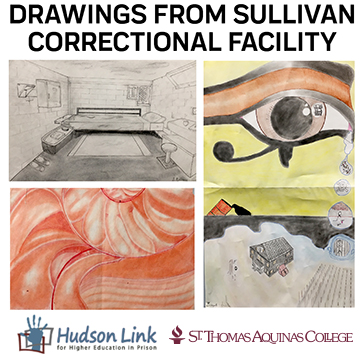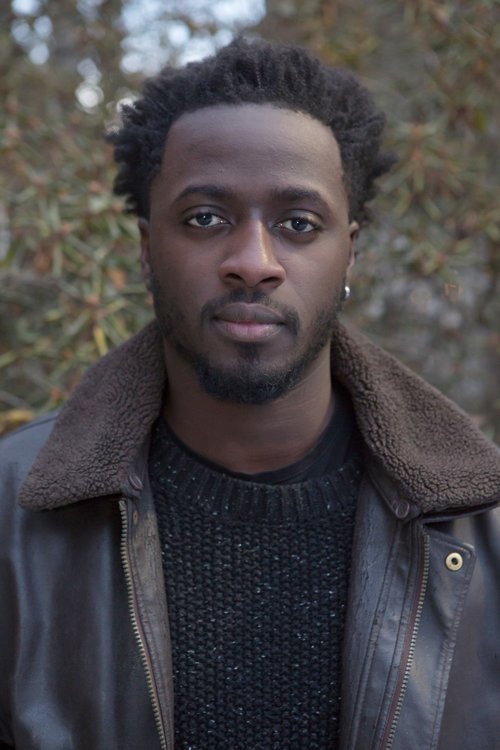Rockland Community College presents the Tony Award-winning musical “Cabaret” April 25-28 at the Cultural Arts Theater on campus. The first three performances on April 25, 26 and 27 are at 8 pm, while the April 28 Sunday matinee is at 2 pm. Admission is $15 for adults and $12 for students and seniors (age 60+). Tickets can be purchased online at Seat Yourself. The show is a joint production of RCC’s Performing Arts department and Campus Players club.
Set in 1931 Berlin as the Nazis are rising to power, “Cabaret” focuses on the nightlife at the seedy Kit Kat Klub, and centers on the relationship between an American writer, Cliff Bradshaw, and English cabaret performer Sally Bowles. The flamboyant Master of Ceremonies, or Emcee, presides over the action at the Kit Kat Klub, which symbolizes the dark political developments taking root in Germany before World War II.
The 1966 original Broadway production won several Tony Awards and inspired many subsequent productions in London and New York, as well as a 1972 film. The Broadway show was based on a 1951 play, “I Am a Camera,” which was adapted from the short novel “Goodbye to Berlin” by Christopher Isherwood published in 1939.
“The theme is a universal one of lost souls trying to find hope and love,” said Patty Maloney-Titland, Chair and Professor of RCC Performing Arts. “There are some poignant moments for the main characters. The audience knows what’s coming, but they do not. You root for them. You want happiness for them and peace in their lives, but you know the endgame.”
The parallels between 1930s Germany and today’s political cross-currents are unmistakable. “The political upheaval has never in my lifetime been more so than now,” said Christopher Plummer, Director of the Cultural Arts Theater. “The protagonists are normal people trying to make a living and be loved, while the world is spiraling out of control. That storyline is ever-present in 2019.”
The RCC production, which includes a diverse cast of students from throughout the campus (not just Performing Arts), remains true to the original stage plot line rather than the more edgy film version. The Emcee character more closely resembles Joel Grey’s iconic stage portrayal than other more risqué interpretations.
Although the songs from “Cabaret” are rightly celebrated – hits such as “Willkomen,” “Two Ladies,” “Tomorrow Belongs to Me,” and, of course, “Cabaret” – the story is just as memorable and does not draw inspiration from a previous dramatic tragedy, as “West Side Story” does with Shakespeare’s “Romeo and Juliet.” “It’s a singular story that stands on its own,” Plummer said. “The story is dark and tragic but is also heartfelt and sincere.”
The disturbing historical backdrop and repression may be unsettling to a campus-based audience but capturing and presenting that reality is essential to the director’s role, Plummer explained. “We are not making a political statement. It is not the director’s choice to include Nazism, fear of voicing an opinion, references to violence, and hate speech. Like Hamlet’s (Shakespeare’s) advice to the players regarding their role and purpose as storytellers and chroniclers of the time, they have a responsibility ‘to hold, as ’twere, the/mirror up to nature.’ We are continuing to hold that mirror to nature. It just happens to parallel the world we live in today. The story has not changed; we as a society have changed.”
Although this is RCC’s first production of “Cabaret,” organizers are confident that audiences will enjoy this staple of musical theater. “A hallmark of our work with Performing Arts and Campus Players is that we have never shied away from challenging productions,” Maloney-Titland said. “We have taken on the risks and believe theater-goers will reap the rewards of an outstanding production by our talented cast, stage crew and designers.”







Facebook Comments